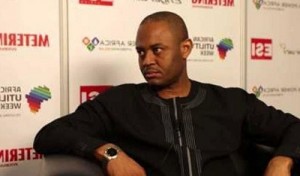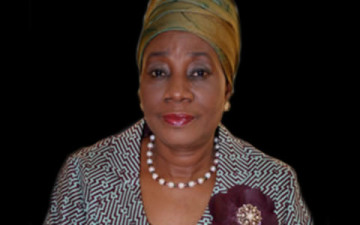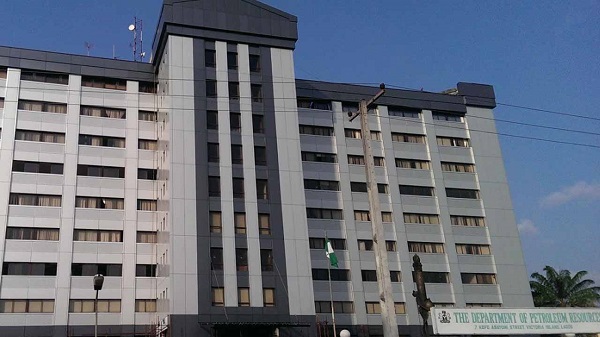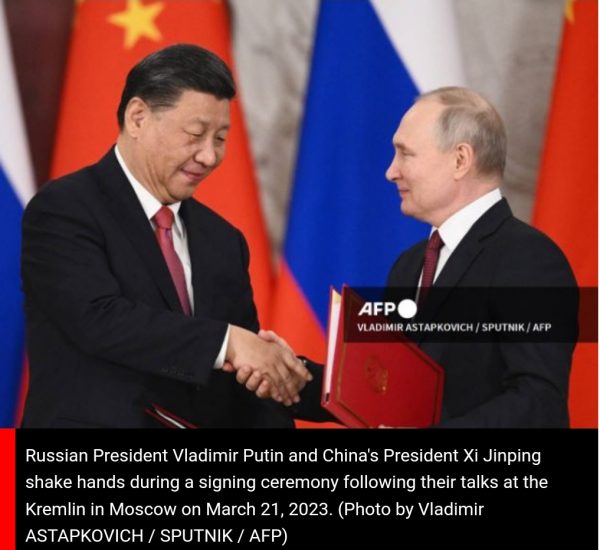No steady power supply unless tariff rises – NERC

The Nigerian Electricity Regulatory Commission on Wednesday declared that without an increase in electricity tariff payable by consumers or an intervention in form of subsidy from the Federal Government to the power firms, the country would not be able to get the steady power supply.
But NERC’s position was rejected by members of the Senate Committee on Privatisation, who were at the commission’s headquarters in Abuja on an oversight visit.
The committee also called for the issuance of licences to more power investors in order to break the monopoly of the current operators, and insisted that the government should not provide any form of subsidy to the sector.
In his presentation to the committee, the Acting Chairman/Chief Executive of NERC, Dr. Tony Akah, said there was no miracle that the commission could do to ensure steady power supply, stressing that this was particularly due to the liquidity problem in the sector.
To address the financial shortfall, he said a cost-reflective tariff or subsidy must be provided for operators in the power business.
Citing an instance, Akah stated that the power regulator in Ghana increased the country’s electricity tariff after a new technology was acquired and that since then, the power situation there had improved.
He said, “So, the challenge we have as regulator here is that we don’t know which other miracle to do, because in the absence of subsidy coming in, in the absence of other mechanism coming in, we are bound under the law to provide a tariff that will recover the cost of investments.
“And in the absence of that, there is no incentive for the players in the market to come up and give you power.”
He stated that the destruction of gas pipelines was also causing a huge loss to the power sector, as the financial performances of many electricity firms had been badly affected due to this menace.
The NERC boss said, “I always say that private players are there to provide services and at the same time make a fair return on investment. This is fair return on investment either via the right tariff, or tariff that is highly subsidised by the government, or through other incentives that can reduce the cost of investment.
“This can be through gas, tax holidays and many more. But I know that the Federal Government at this point in time is considering various options to see how it can mitigate any possible rate hike.”
Akah stated that the petroleum sector was still enjoying subsidy and that it would not be out of place if an all-important industry like power was allowed to enjoy similar benefits from the government.
“If we can have subsidy in the petroleum sector even up till today why can’t we figure out a mechanism to support the power sector?” he said.
He noted that the major trigger to the liquidity problem in the power sector was foreign exchange scarcity occasioned by the fall in the value of the naira against the United States dollar.
The NERC boss said most of the facilities in the power sector were imported, adding that the current tariff was no longer suitable for the industry.
Akah advocated cheap bonds to be provided for the power firms in order to forestall the passage of high electricity bills to consumers, particularly when the firms borrowed high interest loans from Deposit Money Banks.
He, however, noted that the commission would always protect the interest of consumers and that it had commenced work on policies that would ensure the sale of electricity to willing customers as a result of complaints that some power distribution companies were rejecting electricity load allocated to them.
Rejecting calls for increased tariff and subsidy, the Chairman, Senate Committee on Privatisation, Senator Ben Murray-Bruce, said most salary earners in Nigeria had not had their wages increased in the past one year, yet the power firms were calling for 200 per cent hike in rates because of forex challenges and inflation.
“But the same factors affect me as a businessman; they are not exclusive to the power sector. I’ve not been able to increase my rates but I’ve been able to survive. So also many other businesses in Nigeria,” he said.







